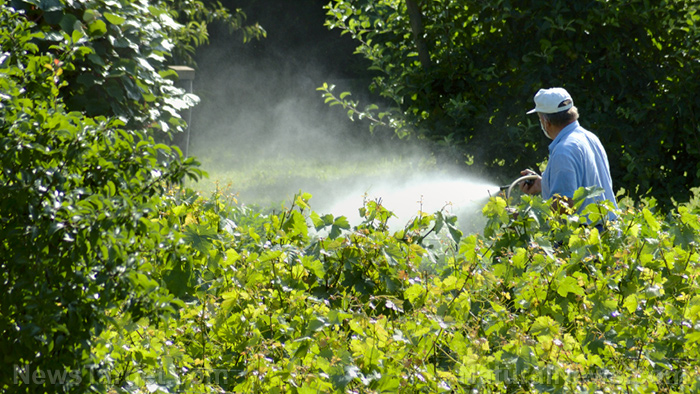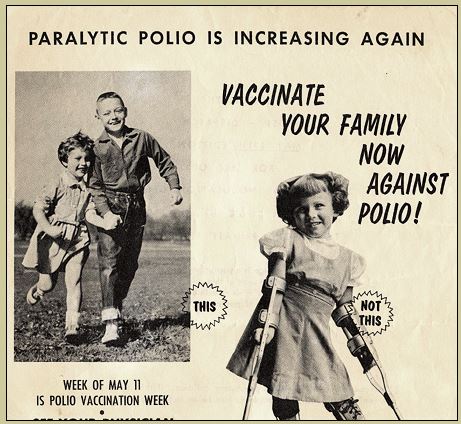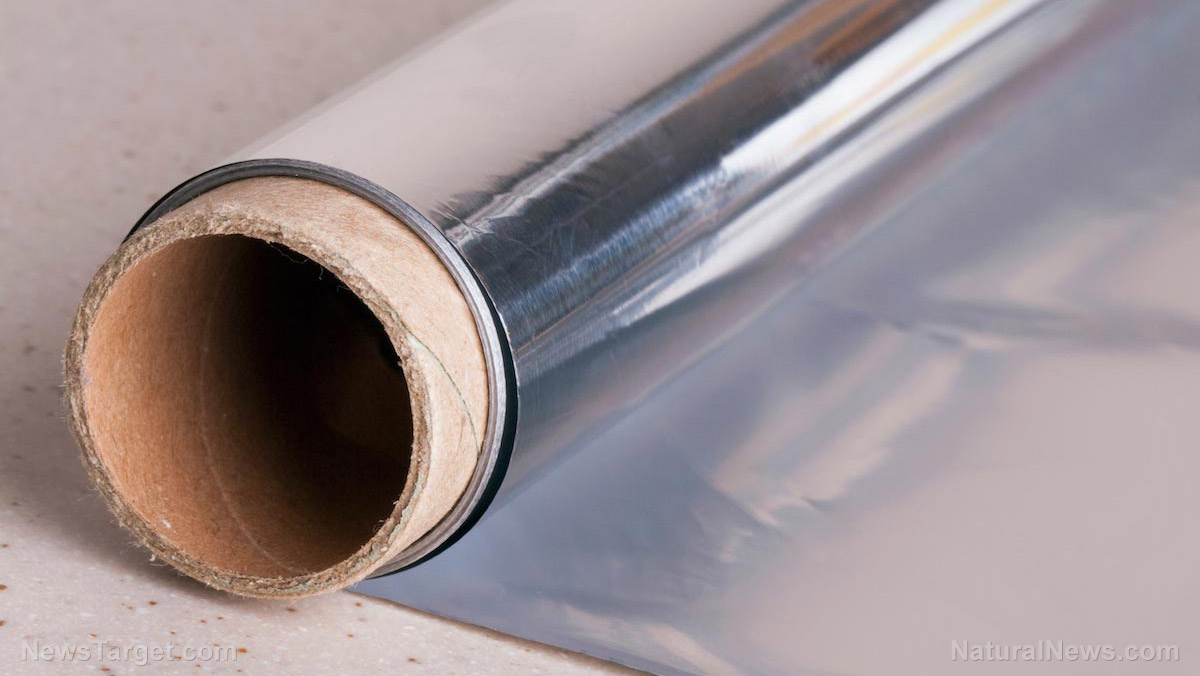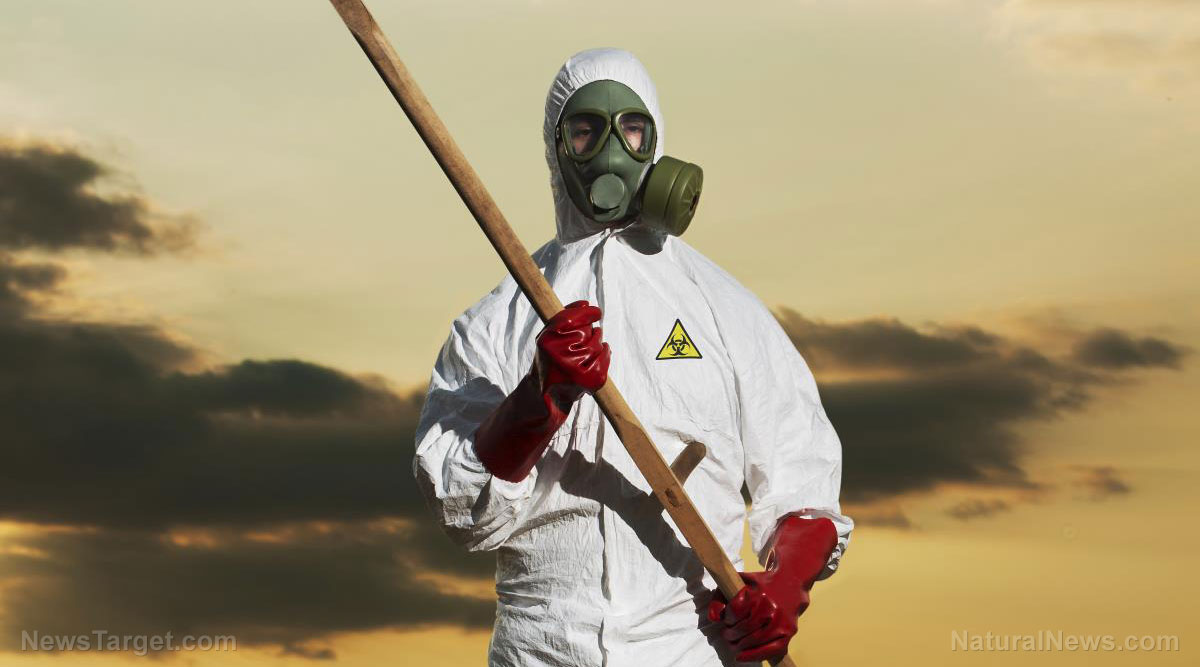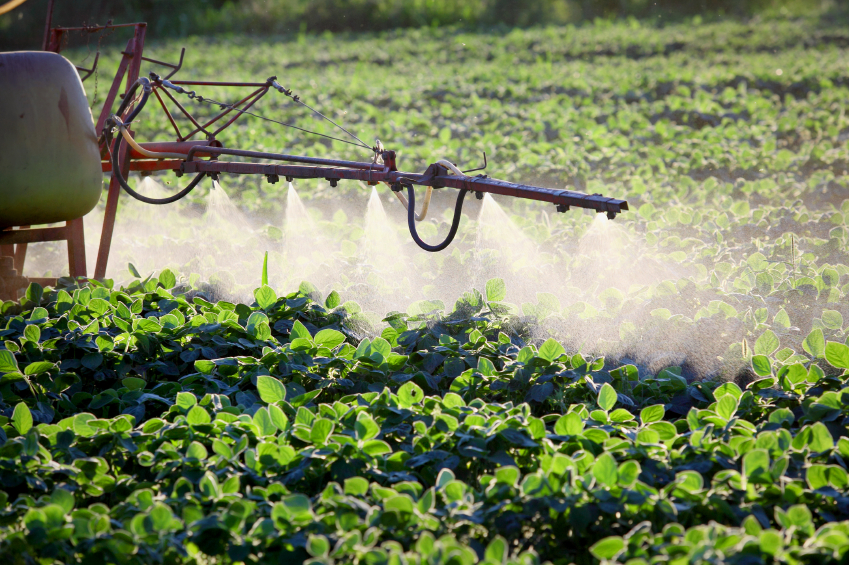Cancer-causing chemical found in hand sanitizers made during the pandemic
04/05/2021 / By Divina Ramirez

Some hand sanitizers made to meet the surge in demand amid the coronavirus pandemic contain high levels of a cancer-causing chemical known as benzene, according to a study conducted by the online pharmacy, Valisure.
Valisure analyzed 260 bottles of hand sanitizer across 168 brands in its laboratory in New Haven, Connecticut. The analysis showed that 44 bottles had detectable levels of benzene, while 21 bottles contained levels of benzene above the approved limit of two parts per million (ppm).
Valisure also detected “unacceptably high levels” of methanol and acetaldehyde. The International Agency for Research on Cancer (IARC) classifies acetaldehyde as a Group 2B carcinogen, meaning it is possibly carcinogenic to humans. Methanol is a highly toxic alcohol that can cause death if ingested.
On March 24, the pharmacy filed a citizen petition with the Food and Drug Administration (FDA) asking the agency to recall the products identified in the analysis. Valisure also asked the FDA to conduct its own analysis of hand sanitizers and to develop documents defining the limit of benzene for all hand sanitizers.
Valisure’s analysis was verified by the Chemical and Biophysical Instrumentation Center at Yale University and Boston Analytics.
Benzene found in multiple hand sanitizer brands
Some of the most contaminated products identified in the Valisure report were from artnaturals, Candles Inc. and The Creme Shop. Among those sampled, the sanitizer made by artnaturals contained the most benzene at 16 parts per million, which is eight times higher than the the limit approved by the FDA.
Valisure also found that the products with the highest levels of benzene only appeared on shelves back in April or May 2020, when people began exhausting the supplies of bigger, more popular brands like Purell.
It isn’t clear how benzene came to be present in the hand sanitizers. However, Valisure surmised that they may have been contaminated with benzene because the chemical is used to purify germ-killing alcohol. But benzene is supposed to be removed from the final products before they are sealed and packed.
“These findings are alarming and reveal a serious potential risk to public health,” Valisure stated in its petition. The pharmacy previously found high levels of other cancer-causing chemicals in drug components manufactured overseas for products sold in the U.S. market.
Adverse health effects of benzene exposure
Benzene is a colorless and flammable liquid that evaporates when exposed to air. Natural sources of this highly toxic chemical include volcanoes and forest fires. Benzene is also a natural part of crude oil, gasoline and cigarette smoke.
Benzene is one of the 20 most commonly used chemicals in the United States. It is typically used as a starting material for producing other chemicals, including those used in plastic products, lubricants, rubbers, dyes, detergents, drugs and pesticides. In the past, benzene was also used to make industrial solvents.
Experts consider benzene a cancer-causing substance. In fact, the IARC classifies it as a Group 1 carcinogen. This group of cancer criminals includes asbestos, which is known to cause lung cancer.
Exposure to benzene can lead to several short- and long-term health effects. Below are the immediate or short-term adverse health effects of benzene exposure, according to the Centers for Disease Control and Prevention (CDC):
- Drowsiness
- Skin irritation
- Dizziness
- Irregular heartbeat
- Headaches
- Tremors
- Confusion
- Unconsciousness
- Death
Benzene can also be ingested from contaminated foods or drinks. Ingesting benzene can lead to convulsions or, in extremely serious cases, death.
The long-term adverse effects of benzene exposure include anemia, a condition marked by low levels of healthy red blood cells; leukemia, a type of cancer that affects the body’s blood-forming tissues; and excessive bleeding. Women who have been exposed to high levels of benzene for several months could also have irregular menstrual periods.
Some animal studies have shown that chronic exposure to benzene can lead to low birth weights, bone marrow damage and delayed bone formation. (Related: Longjack can stimulate bone formation by improving expression of mitogenic proteins.)
If you think you have been exposed to benzene, remove your clothes and wash your entire body with soap and water. Clothes that have to be pulled over the head should be cut open and thrown away properly.
Visit Chemicals.news to learn more about the short- and long-term adverse health effects of benzene exposure.
Sources include:
Tagged Under: benzene, cancer criminals, carcinogens, chemicals, coronavirus, covid-19, Dangerous, exposure, hand sanitizers, ingredients, pandemic, products, toxic chemicals, toxins
RECENT NEWS & ARTICLES
COPYRIGHT © 2017 POISON NEWS

